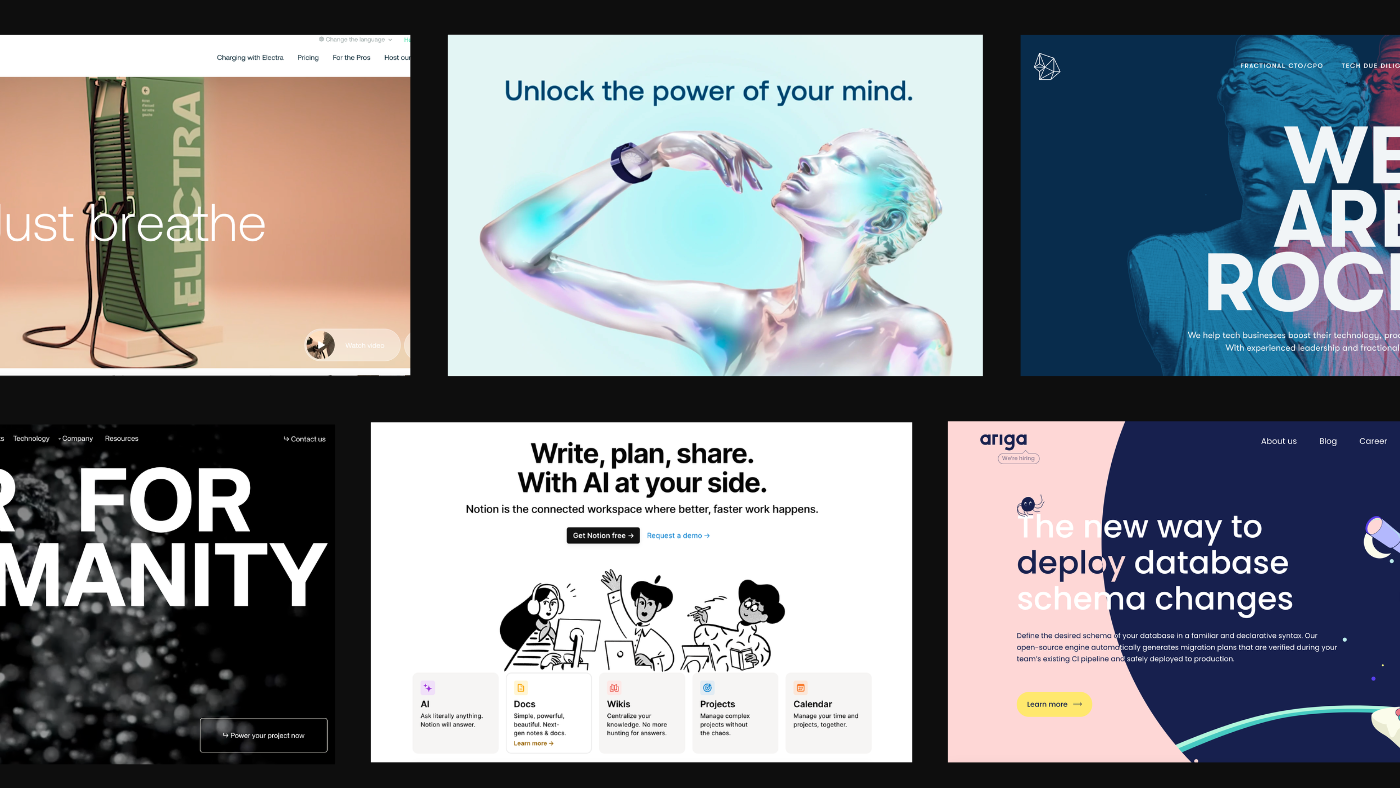Increase Interaction With Cutting-edge Website Design Solutions
An attentively crafted individual experience, underpinned by critical visual design and interactive aspects, can significantly improve individual interaction. By checking out various methodologies such as receptive design and tailored content, companies can create a system that not only mesmerizes users but likewise cultivates long-lasting commitment.
Understanding Customer Experience
Recognizing customer experience (UX) is essential for developing effective site style remedies, as it directly affects how users engage with digital systems. A comprehensive UX approach encompasses numerous elements, consisting of usability, individual, and accessibility complete satisfaction, all of which add to the general effectiveness of a site.
To start with, functionality focuses on how conveniently customers can navigate and locate the details they seek. website design copyright. A well-structured layout, user-friendly navigating, and clear calls to activity are basic components that boost usability. Ease of access makes certain that all users, consisting of those with handicaps, can effectively connect with the web site. This includes developing material that is compliant with accessibility criteria and can be quickly accessed making use of assistive innovations.
Moreover, comprehending user personas is essential for customizing the experience to satisfy particular target market needs. By performing individual research study and testing, developers can gather understandings that inform style choices, guaranteeing the site not just meets aesthetic objectives however likewise meets practical demands. Ultimately, a thoughtful approach to UX layout promotes involvement, encourages retention, and boosts overall individual fulfillment, which are vital for the success of any digital platform.
Visual Style Techniques
Incorporating effective aesthetic style techniques is vital for catching individual attention and enhancing the general customer experience on a site. A well-thought-out visual hierarchy overviews users through the web content, enabling them to quickly soak up and navigate info. This can be achieved via the calculated use of typography, shade schemes, and spacing, which jointly create a appealing and cohesive design.
Shade plays an essential duty in evoking feelings and establishing brand identification. Utilizing a balanced shade combination that straightens with the brand name's principles can cultivate knowledge and count on. In addition, integrating high-quality photos and graphics improves aesthetic charm and can significantly improve user involvement.
Whitespace, typically overlooked, is just as vital as it allows web content to take a breath and stops overwhelming individuals with mess. It assists in simpler analysis and comprehension, bring about a more pleasurable browsing experience.

Interactive Components for Interaction

One key facet of interactive style is customization. Tailoring experiences based upon customer actions and choices can significantly boost engagement. Personalized content recommendations or dynamic individual interfaces that adapt to private options create a feeling of ownership and importance, encouraging individuals to discover even more.
Gamification is another effective strategy. Integrating game-like aspects, such as accomplishments or benefits for finishing jobs, can change mundane interactions into pleasurable experiences. This technique not only boosts interaction yet also urges individuals to return, creating a dedicated target market.
In addition, interactive components can assist in social sharing, enhancing an internet site's reach. Attributes like comment sections, share switches, and user-generated web content locations foster neighborhood communication, turning site visitors right into energetic individuals (website design copyright). Ultimately, the tactical use of interactive elements is necessary for creating a engaging and compelling internet site that resonates with customers
Responsive and Adaptive Layout
A well-designed web site must focus on receptive and adaptive style to make certain ideal individual experiences across a range of gadgets and display sizes. Responsive design uses fluid grids and versatile photos, enabling the layout to automatically readjust based on the visitor's display size. This strategy guarantees that individuals can quickly connect and browse with the web content, regardless of whether they are using a smart device, tablet, or desktop .
In comparison, adaptive design makes use of predefined formats that are customized to particular gadget classifications. This implies that the internet site identifies the kind of device being utilized and serves the ideal design, which can improve loading times and enhance the display screen of necessary components. While both strategies aim to improve functionality, responsive design is commonly favored for its fluidity and smooth change in between gadgets.
Incorporating adaptive and responsive design not only enhances individual fulfillment however likewise positively influences online search engine positions. Online search engine prioritize mobile-friendly sites, hence raising presence and attracting more site visitors. As a result, buying these layout approaches is important for services seeking to engage their target market properly and maintain an affordable edge in today's electronic landscape.
Studying User Comments and Data

Analyzing metrics such as bounce rates, time on page, and click-through rates offers a measurable point of view on customer engagement. These metrics aid designers discern which web content resonates and which areas may need optimization. A/B testing can be employed to assess variants in style, allowing designers to make enlightened choices based on customer interactions.
Integrating user feedback not just improves website usability but likewise promotes a feeling of community and count on. Involving with users with feedback loopholes cultivates loyalty and urges repeat gos to. Ultimately, leveraging customer feedback and information analysis is important to developing a dynamic, user-centered web site that adapts to evolving customer needs and choices, consequently driving greater interaction and contentment.
Conclusion
In verdict, cutting-edge site design services dramatically improve individual involvement by focusing on customer experience, employing effective visual techniques, and integrating interactive aspects. The implementation of adaptive and receptive design ensures accessibility throughout numerous devices, further Read Full Report promoting individual interaction.
A thoughtfully crafted customer experience, underpinned by calculated visual layout and interactive components, can significantly enhance individual involvement.Incorporating reliable aesthetic design methods read review is crucial for recording user attention and boosting the general user experience on a site.User comments and information analysis are crucial parts of reliable internet site layout, as they offer useful understandings into individual habits and preferences. Eventually, leveraging customer comments and data evaluation is integral to producing a vibrant, user-centered website that adjusts to advancing user needs and preferences, consequently driving greater interaction and contentment.
In verdict, cutting-edge site style options substantially enhance customer engagement by prioritizing individual experience, employing effective visual techniques, and incorporating interactive components.